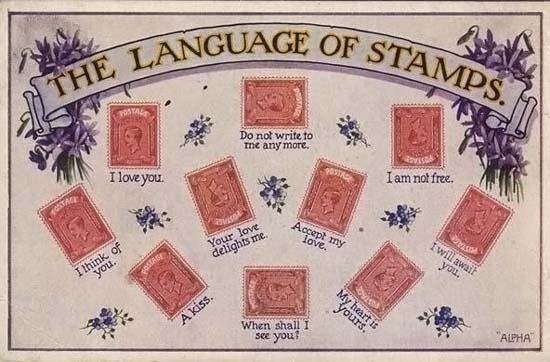
There's an adored pub on Clerkenwell Green called The Crown Tavern, which sits in the hub of 20th century communist thought (this is where Lenin first met Stalin, for instance). Well, I was looking for more information about this particular establishment, and found an interesting bit of ephemera.
There's a wonderful website called My Time Machine, which republishes eyewitness accounts throughout history (I recommend that you spend some time on that site, though you may never leave).
In a nutshell, Karl Marx and our author, Wilhelm Liebknecht, set out to hit every saloon between Oxford Street and Hampstead Road. Drunkenness, brawling, and streetlamp assaults ensue. But I'll let Herr Liebknecht speak for himself:
A London pub crawl with Karl Marx, late 1850s
One evening, Edgar Bauer, acquainted with Marx from their Berlin time and then not yet his personal enemy […], had come to town from his hermitage in Highgate for the purpose of “making a beer trip.” The problem was to “take something” in every saloon between Oxford Street and Hampstead Road – making the something a very difficult task, even by confining yourself to a minimum, considering the enormous number of saloons in that part of the city. But we went to work undaunted and managed to reach the end of Tottenham Court Road without accident.
There loud singing issued from a public house; we entered and learned that a club of Odd Fellows were celebrating a festival. We met some of the men belonging to the “party,” and they at once invited us “foreigners” with truly English hospitality to go with them into one of the rooms. We followed them in the best of spirits, and the conversation naturally turned to politics – we had been easily recognised as Germany fugitives; and the Englishmen, good old-fashioned people, who wanted to amuse us a little, considered it their duty to revile thoroughly the German princes and the Russian nobles. By “Russian” they meant Prussian nobles. Russia and Prussia are frequently confounded in England, and not alone of account of their similarity of name. For a while, everything went smoothly. We had to drink many healths and to bring out and listen to many a toast.
Then the unexpected suddenly happened…
Edgar Bauer, hurt by some chance remark, turned the tables and ridiculed the English snobs. Marx launched an enthusiastic eulogy on German science and music – no other country, he said, would have been capable of producing such masters of music as Beethoven, Mozart, Haendel and Haydn, and the Englishmen who had no music were in reality far below the Germans who had been prevented hitherto only by the miserable political and economic conditions from accomplishing any great practical work, but who would yet outclass all other nations. So fluently I have never heard him speak English.
For my part, I demonstrated in drastic words that the political conditions in England were not a bit better than in Germany [… ] the only difference being that we Germans knew our public affairs were miserable, while the Englishmen did not know it, whence it were apparent that we surpassed the Englishmen in political intelligence.
The brows of our hosts began to cloud […]; and when Edgar Bauer brought up still heavier guns and began to allude to the English cant, then a low “damned foreigners!” issued from the company, soon followed by louder repetitions. Threatening words were spoken, the brains began to be heated, fists were brandished in the air and – we were sensible enough to choose the better part of valor and managed to effect, not wholly without difficulty, a passably dignified retreat.
Now we had enough of our “beer trip” for the time being, and in order to cool our heated blood, we started on a double quick march, until Edgar Bauer stumbled over some paving stones. “Hurrah, an idea!” And in memory of mad student pranks he picked up a stone, and Clash! Clatter! a gas lantern went flying into splinters. Nonsense is contagious – Marx and I did not stay behind, and we broke four or five street lamps – it was, perhaps, 2 o'clock in the morning and the streets were deserted in consequence. But the noise nevertheless attracted the attention of a policeman who with quick resolution gave the signal to his colleagues on the same beat. And immediately countersignals were given. The position became critical.
Happily we took in the situation at a glance; and happily we knew the locality. We raced ahead, three or four policemen some distance behind us. Marx showed an activity that I should not have attributed to him. And after the wild chase had lasted some minutes, we succeeded in turning into a side street and there running through an alley – a back yard between two streets – whence we came behind the policemen who lost the trail. Now we were safe. They did not have our description and we arrived at our homes without further adventures.
Source: Karl Marx: Biographical Memoirs, by Wilhelm Liebknecht. First German edition, Nuremberg, 1896; first English translation (by E Untermann), 1901. Reprinted by Journeyman Press, London, 1975.
Seriously, folks, check out the original site.





























